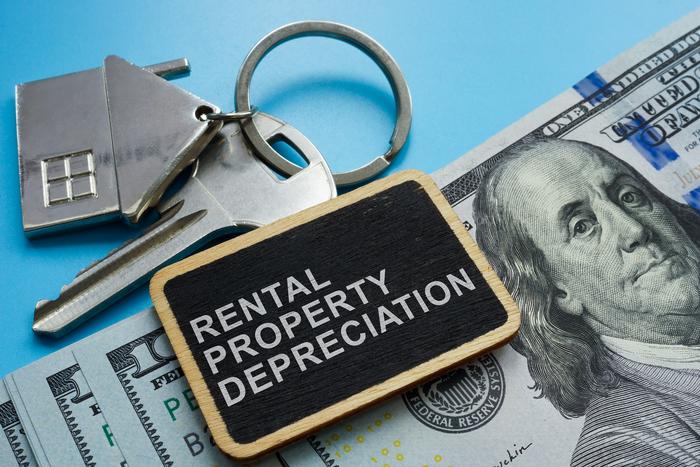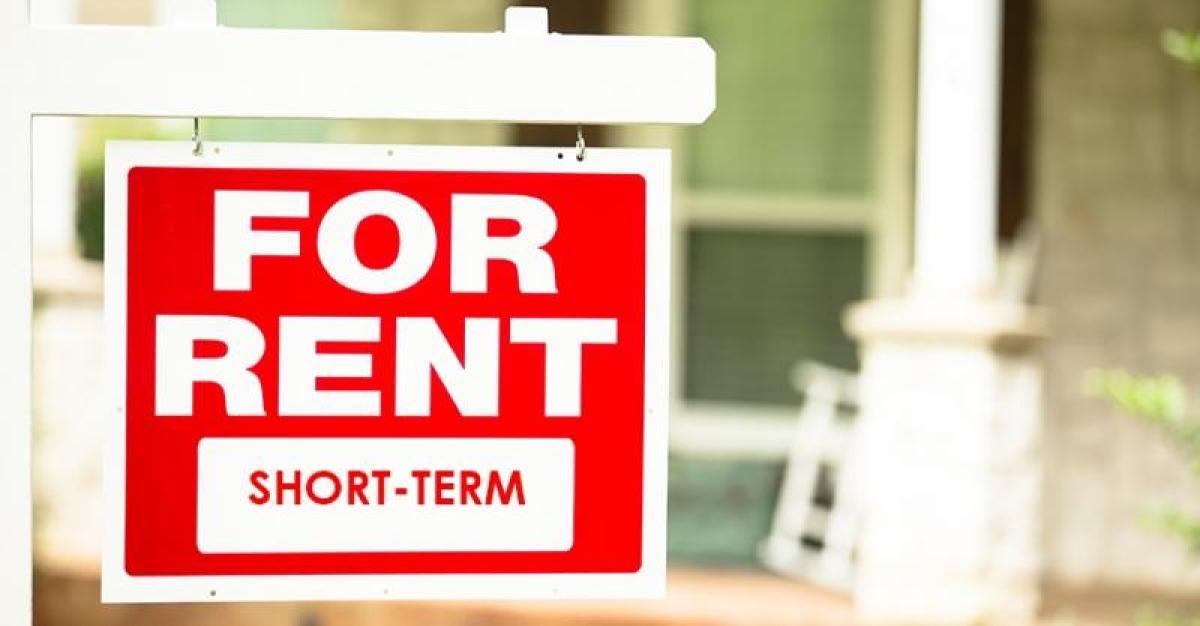Tax Liens Start as Property Taxes
A tax lien is a lien on real property. A tax lien is a right to possess real property, receive income from that property, and sell it to pay off any taxes owed.
A delinquent taxpayer owes money in taxes to the government, but they don't pay those debts back. Instead of going after delinquent taxpayers directly (which would be expensive), the government goes after their property instead—the right to possess and use that property until the debt is paid off. The way this works with most forms of personal finance loans means that you're usually required to put down 20% or more of your money upfront before being approved for one type such as an auto loan or mortgage refinance; however when buying up these types of liens we only need 10% down because there's no risk involved!
How do tax liens work?
Here’s how it works:
-
The government sells tax liens to collect unpaid property taxes. Tax liens are an investor’s claim on a property until the debt is paid off or until the statute of limitations expires. The investor does not own the property but has the right to sell their lien to recoup their investment (and make money). If no action is taken within that time frame, then ownership reverts to the state/government and they can sell another lien against it again – this time maybe even at auction!
-
Investors buy these tax liens. They are generally considered “safe investments” because they carry guarantees from state governments that they will be paid when certain conditions occur (typically when a homeowner sells or refinances their home).
Tax Lien Investing
Tax lien investing is a type of real estate investing that allows investors to buy property at the county level for a fraction of its appraised value. A tax lien is created when someone fails to pay property taxes (or some other type of government-issued tax) and becomes delinquent on their payments. If this happens, the state can issue a claim against that person's home as collateral until they pay off their debt. When tax liens are sold to third parties like investors, they can be bought at auction for pennies on the dollar compared with what it would cost them to buy directly from the homeowner.
- Tax lien investing is a way to make money by buying property tax liens. It’s a form of real estate investing that allows you to invest in real estate without a down payment.
- Tax lien investors purchase a property's delinquent taxes for less than the total amount owed and then take possession of the property until it sells at auction or settles with the original owner. Since most people pay their debts, tax liens are considered safe investments with high returns on investment (ROI).
- Most people buy tax liens as a way to make money. You can buy a tax lien on a house, car, or business. As long as there's a debt attached to it, you can buy it. The person who owes the debt will be responsible for paying off any outstanding taxes owed by the property owner for you to get paid back your investment plus interest (which is how investors make money). But why would someone sell their home or business for less than what they owe in back taxes? If that seems like something that would never happen—you're right! It doesn't happen very often because most people don't want to lose their houses and businesses over small amounts of money owed on taxes.
Tax lien investing is all about the interest rate.
The interest rate is the amount of money you will earn for every dollar invested. It is also called the return on investment (ROI). The interest rate is set by each state, but all have similar methods of calculating it.
The first factor used to determine the interest rate is how much money the debtor owes on their property. This can range from 0% - 100%, depending on how much they owe and their creditworthiness (ability to pay back what they owe).
The second factor used to determine your return on investment is the value of the property itself. This means that if one person owns two houses at $200k each, he'll pay a higher interest rate than someone who owns one house at $200k because his debt-to-income ratio would be twice as high.
Patience Is a Virtue For Tax Lien Investing
Patience is key to success in tax lien investing. A tax lien can take months or years to resolve, sometimes even longer. Some investors have been known to wait a decade or more before cashing out on their investments and earning the profits they’ve been waiting for.
Tax liens are a long-term investment that requires patience and discipline—but when you take it slow, you can make money while you sleep!
It's all about due diligence.
Due diligence is the process of investigating a business or investment before you invest. The more you know about what you're investing in, the better. This means doing your homework and knowing all the facts.
You should always do your due diligence before making any investments, no matter what type of investment it is. You need to know what you're getting into, and whether or not it will be a good move for your portfolio.
The risk of tax lien investing lies in the process.
Tax lien investing is risky. The risk of tax lien investing lies in the process. First, you have to find tax liens and buy them. Second, you need to pay off the debt on those liens before they expire—or sell them to someone else who can pay off your debt for you at a higher price than what you paid for it.
The first step involves research, which means learning how to do all of these things:
-
Finding tax liens online and in person (by foot)
-
Buying the right kind of real estate property and checking its value
-
Contacting owners via mail or email and asking them to pay their taxes (or offer deals like payment plans)
How will you make money?
Most people who invest in tax liens are doing so to make a profit. But it's important to understand that profit is not necessarily immediate and can take a long time to materialize.
Tax lien investing is not as simple as "buy low, sell high." Instead, you'll be looking for opportunities where there's a difference between what someone owes on their property taxes and what they're willing to accept from an investor like yourself. This creates potential returns on your investment if you purchase those liens at an attractive price before auctioning them off (and possibly selling them later).
Tax lien investing can be profitable, as long as you understand how it works.
Tax lien investing is a way to make money by buying property at a discount. The risk is that you may not be able to sell the property, but there are ways to mitigate that risk.
The tax lien investing process starts when someone owes taxes on a piece of property and doesn't pay them in full. The county then files a tax lien against the title of that property until they're paid off.
If you buy that delinquent tax lien, you now own the right to collect payment from whoever owns the title—and if they don't pay up within three years, then you get their house! While it's true that there are some risks involved (e.g., getting sued), these risks can be mitigated by researching diligently before buying any given title and taking steps like hiring an attorney who specializes in real estate law (like me!).
You’re Not an Expert Yet on Tax Lien Investing
It can be tempting to jump into a new business without first understanding how it works. While this is often fine with the more popular ventures, tax lien investing is not one of them. Tax lien investing is a complex practice that requires you to understand the process, risks, and benefits before making any investments. *note: this was an overview of the process that we call the tax lien life cycle, but by no means should you go but the first lien you see.
Conclusion
While tax lien investing can be a lucrative way to make money, it's also a complex process that requires careful planning and attention to detail. If you're looking for a new way to invest your money, we recommend doing some research before jumping into this market
 (27).png)




















